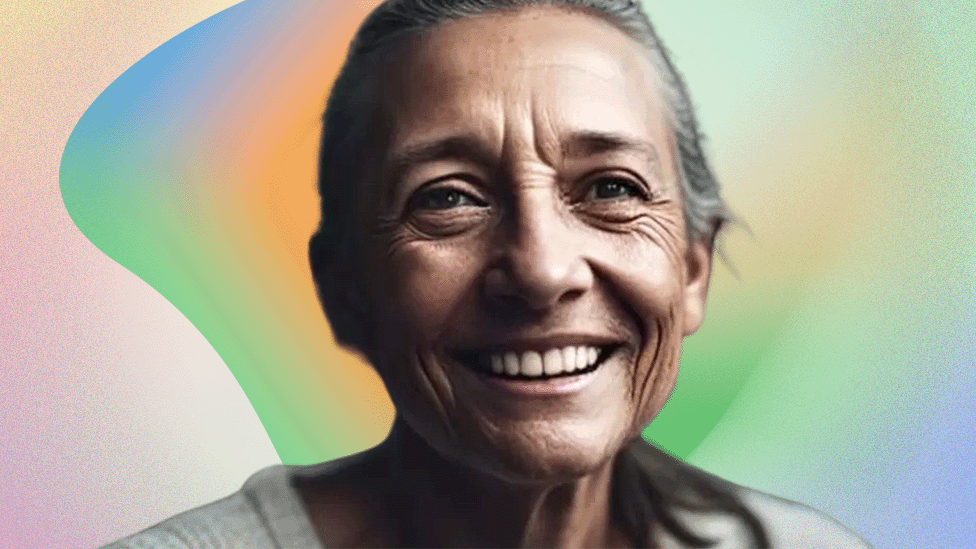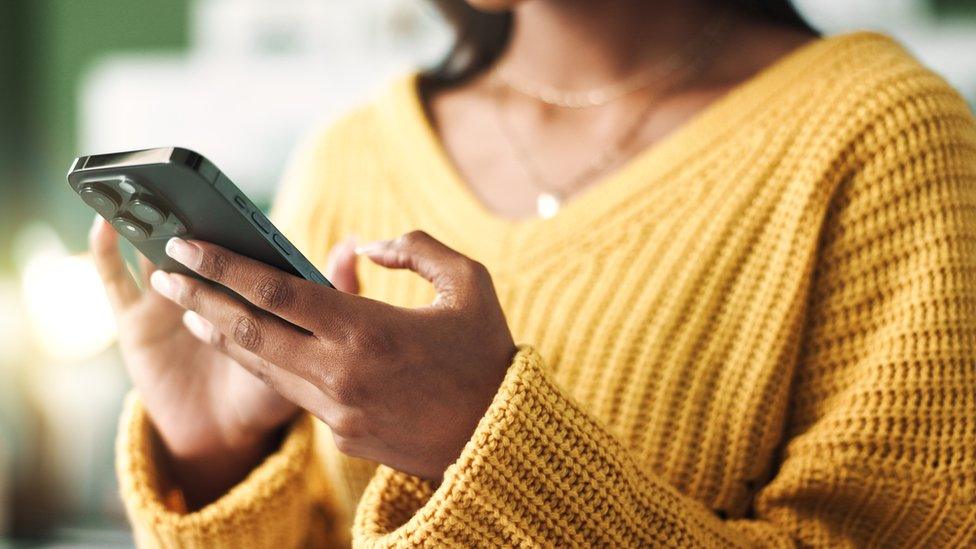AI: Digital artist's work copied more times than Picasso
- Published
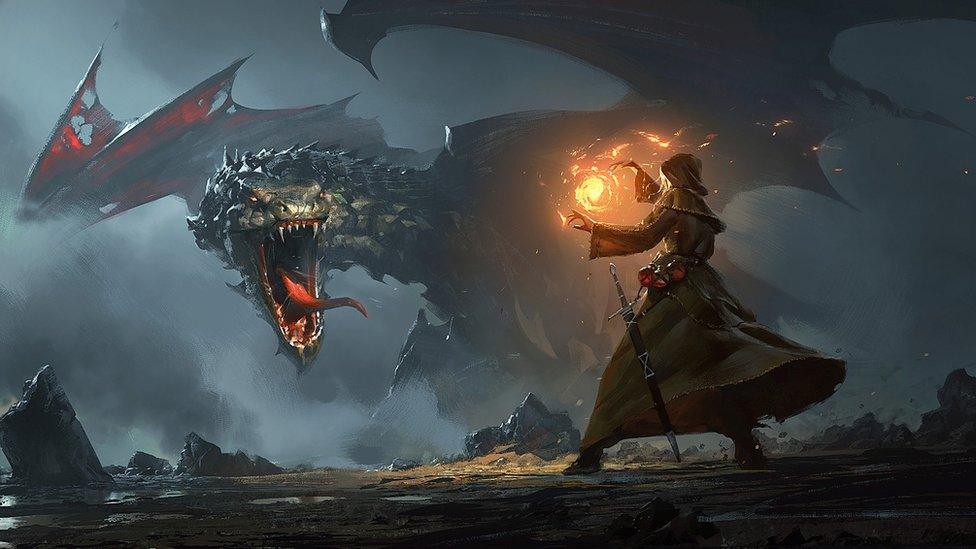
Greg Rutkowski's name has been used as a prompt in AI tools that generate art more than 400,000 times - but without his consent
"My work has been used in AI more than Picasso."
Artificial intelligence (AI) is changing life as we know it, but for digital artist Greg Rutkowski it is causing big problems.
He said his name had been used as a prompt in AI tools that generate art more than 400,000 times since September 2022 - but without his consent.
When he checked, his name had been used as a prompt more times than the artists Pablo Picasso and Leonardo da Vinci.
Polish-born artist Greg has had his work used in games such as Dungeons and Dragons and Magic: The Gathering, but said his new found AI fame has caused concern for his future work.
Sites like Midjourney, Dall.E, NightCafe and Stable Diffusion are known as generative AI because they can make new, artificially-generated artworks in seconds from prompts that users type in.
They have learned to do this by scraping billions of existing images from the internet. Artists are complaining this has been done without their consent.
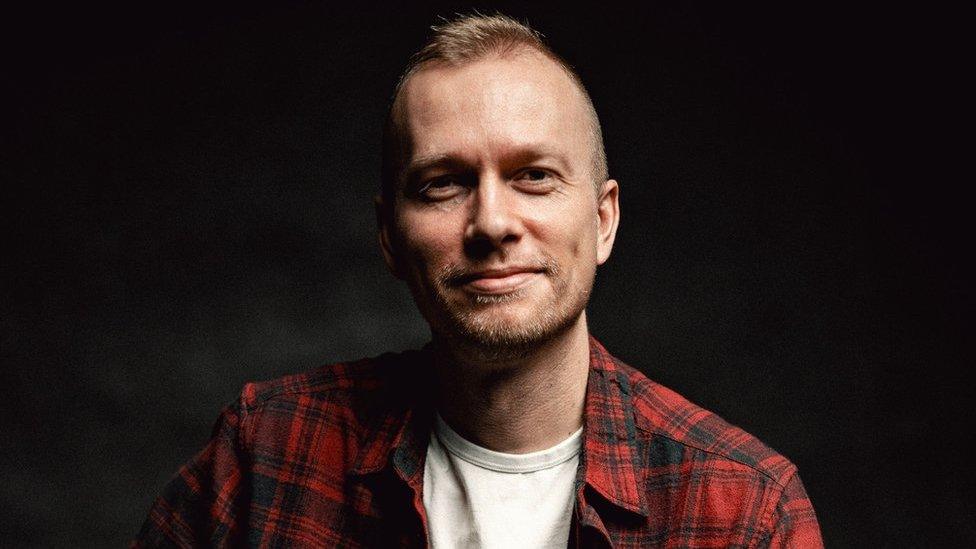
Greg Rutkowski says even he would struggle to distinguish between the AI versions of his work and his own
Greg said: "The first month that I discovered it, I realised that it will clearly affect my career and I won't be able to recognise and find my own works on the internet.
"The results will be associated with my name, but it won't be my image. It won't be created by me. So it will add confusion for people who are discovering my works."
"All that we've been working on for so many years has been taken from us so easily with AI," he added.
"It's really hard to tell whether this will change the whole industry to the point where human artists will be obsolete. I think my work and future are under a huge question mark."


'Real art has personality'
While the problems are clear, there are some ways AI tools can be used to benefit artists, according to Cardiff-based animator Harry Hambley, who is the creative force behind internet sensation Ketnipz.
"I think for me the biggest thing generative art can solve is tedium," he said.
"But it can be scary and the internet's already a wild place, and you mix AI in with that… we don't know where it's going to go.
"Do I think that my job will ever be sacrificed to AI or AI will do it better than me? I don't know. I hope not."
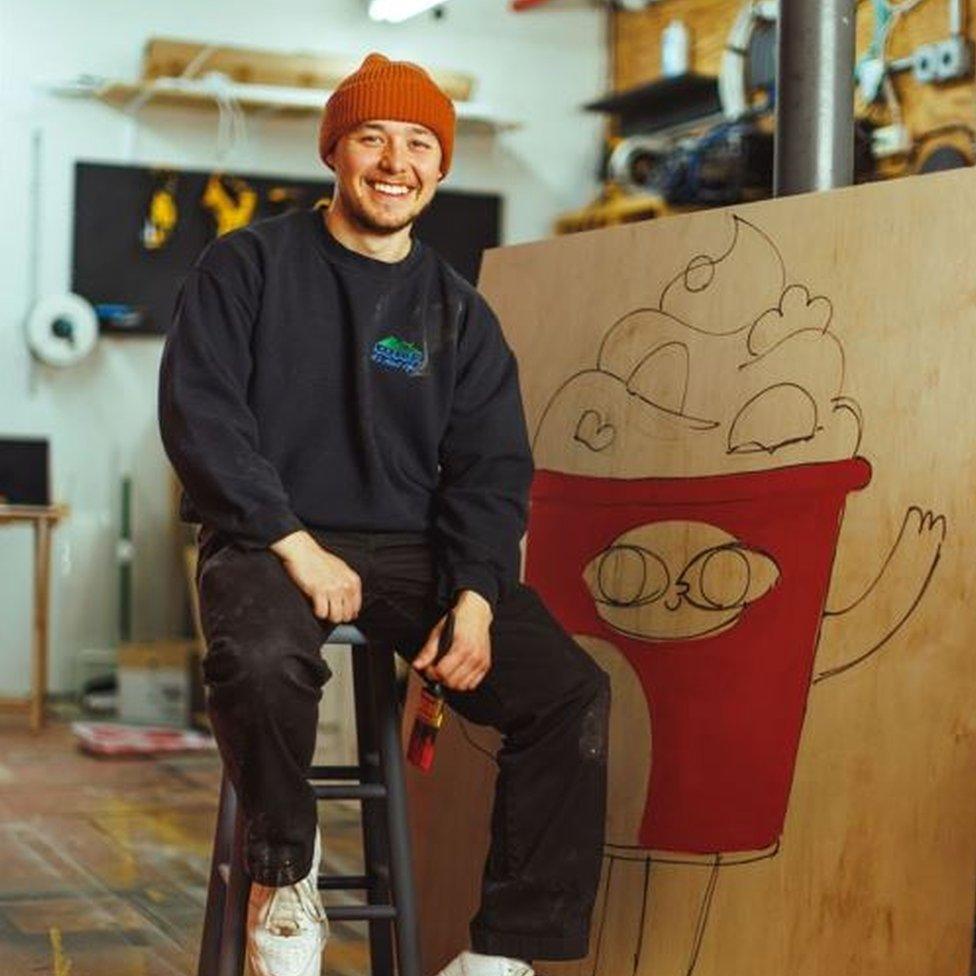
Artist Harry Hambley says the biggest problem is we do not know how far AI will go
Harry said he thought there was more to art than how it looked.
"At the end of the day I think that there's a bigger reason why people are invested in Ketnipz and I don't think it's just the mere aesthetics of it.
"I think there's a personality behind it that I don't think someone imitating can really tap into."
'Just keep making art'
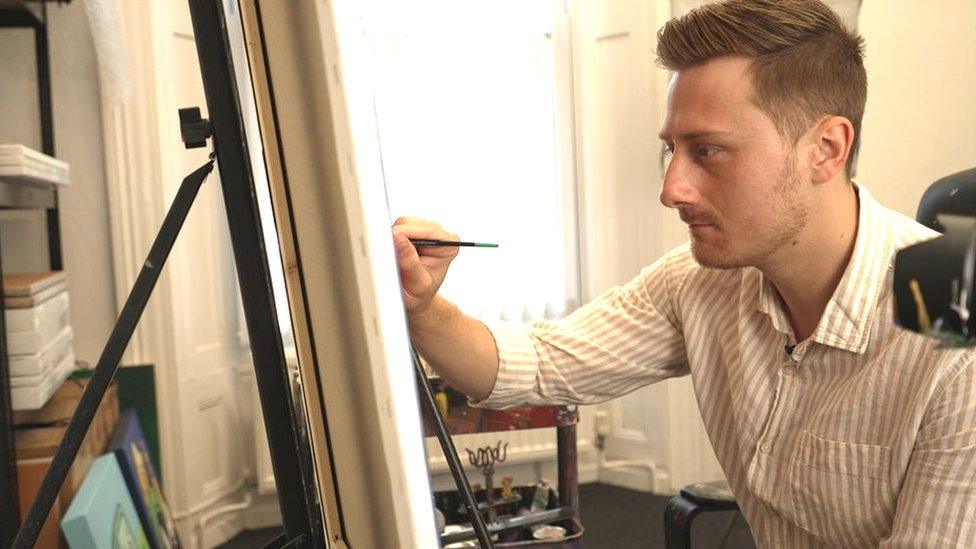
James Lewis's brush control has made him a hit on TikTok
Artist James Lewis, from Cardiff, creates videos of his painting technique for more than seven million followers on TikTok and Instagram.
He has yet to find out if his work has been used by the tools, but said because AI has learned from billions of artworks, it would be hard to trace which artists' works have been used in each image.
"If there was a way to go back and figure out who inspired this style of image that was generated, I think it would be fair for that artist to receive some sort of compensation," he said.
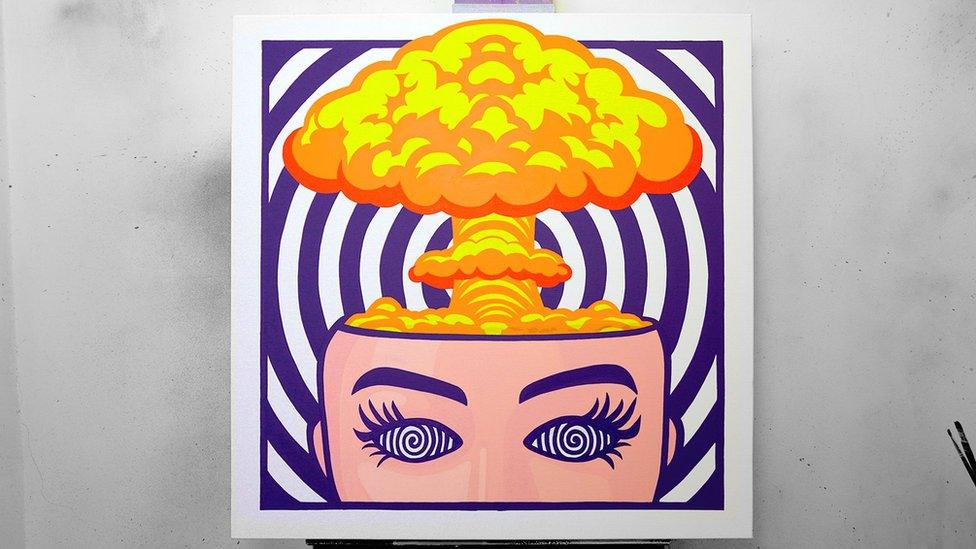
James Lewis' piece, Kaboom: "If there was a way figure out who inspired this style of image... it would be fair to receive some sort of compensation"
In the meantime he thinks artists should keep being creative.
"I do have hope that as much as AI art will develop and it'll get better, but it will never be able to capture that true human essence, that true creativity that we have as people," he said.
"You will still need your own creative ideas, your own initiative."
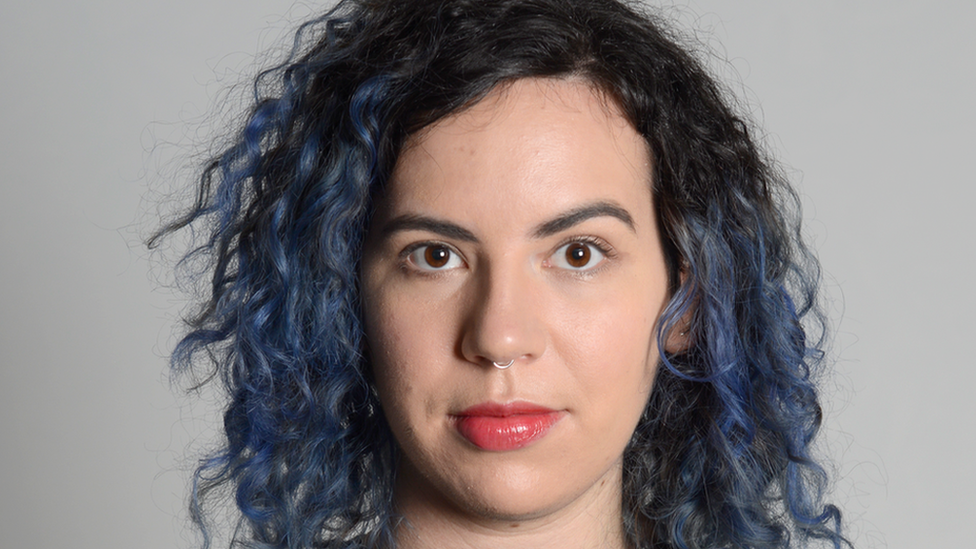
Artist Caroline Sinders says she will be exercising her copyright rights
For artist and human rights researcher Caroline Sinders, it is for AI companies to address the problem.
She said: "Part of the argument we hear from companies is, 'we have so much data, it would be impossible for us to tell, like searching for a needle in a haystack'.
"I would like to say, well, that's a 'you' problem, not a 'me' problem.
"I have a copyright on the images and I plan to enact my copyright if my images are used without my consent."
She said she was also worried about the bias that these tools created and how it meant AI art was not reflecting the real world.
"Let's say we ask an image generation AI system to generate a doctor assessing care to a family," she said.
"Most likely that doctor will be generated as male and probably as white, and the parent will probably be generated as female.
"And this is not an example I'm randomly making up. There have been tests done by asking these sort of blanket questions without gender being in the text prompt and, more often than not, it's reflecting these stereotypes."
This extends to racial bias and also ableism, said Irene Fubara-Manuel, a lecturer at the University of Sussex.
While they said they were excited about the possibilities provided by generative art, issues such as racial and gender biases in some images created were hard to overcome.
"I was trying to dye my hair over the summer, and I was just looking up 'people of colour, blonde locks'," they said.
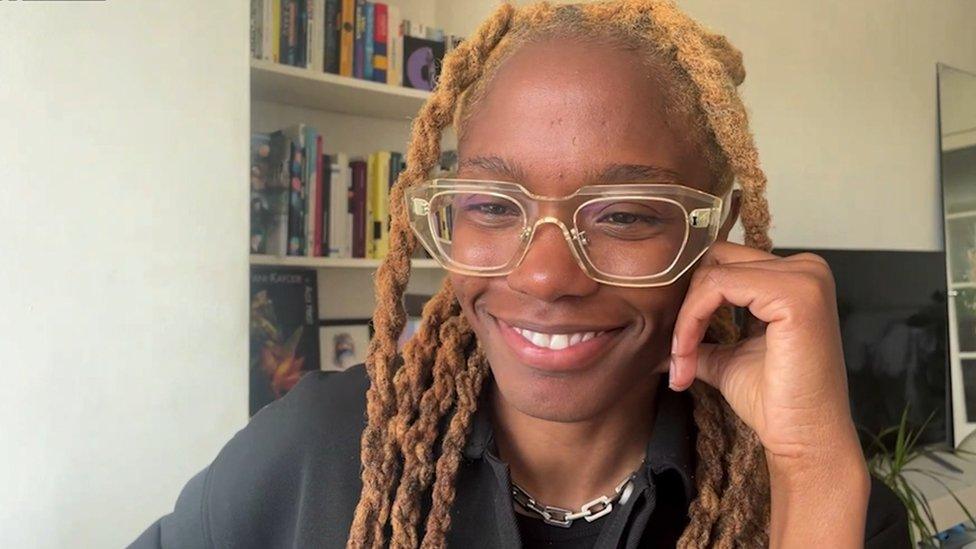
Irene Fubara-Manuel says they noticed bias when searching for images to try out new hairstyles
"What I got in response was this regal, I would say, fetishised image of black people. You know, chiselled jaw lines, their skin was iridescent.
"It's like, there are black people who are that beautiful, but the images that you see commonly in a lot of AI are very, very fetishised representations of people.
"You would not see people who are plus size, or people who have visible disabilities, for instance."
Artists are now calling on regulators in the UK and worldwide to take more action to protect artists and the industry.
Irene said artists were not against AI but, "the argument is against exploitation".
"But I'm hopeful that it will contribute to human creativity in general, just like how the creation of computers added more to creativity. I'm excited for its contribution," they said.
Caroline said more regulation of the emerging AI industry in the UK would not "stifle" innovation.
"It makes things safer and that's why we have certain laws," she said.
"That's why right now we have seatbelts and airbags for cars and a lot of rules about them. When they were first invented, we didn't have any of that.
"So it's not at all out of step to sort of ask for, or to create, guardrails and protections."
Additional reporting by Lola Mayor.

Sign up for our morning newsletter and get BBC News in your inbox.

- Published12 July 2023
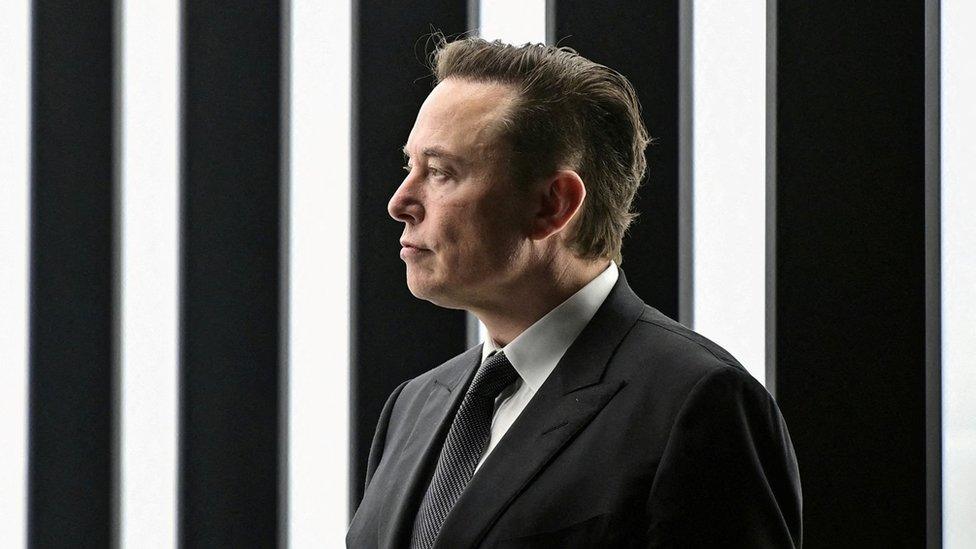
- Published13 June 2023
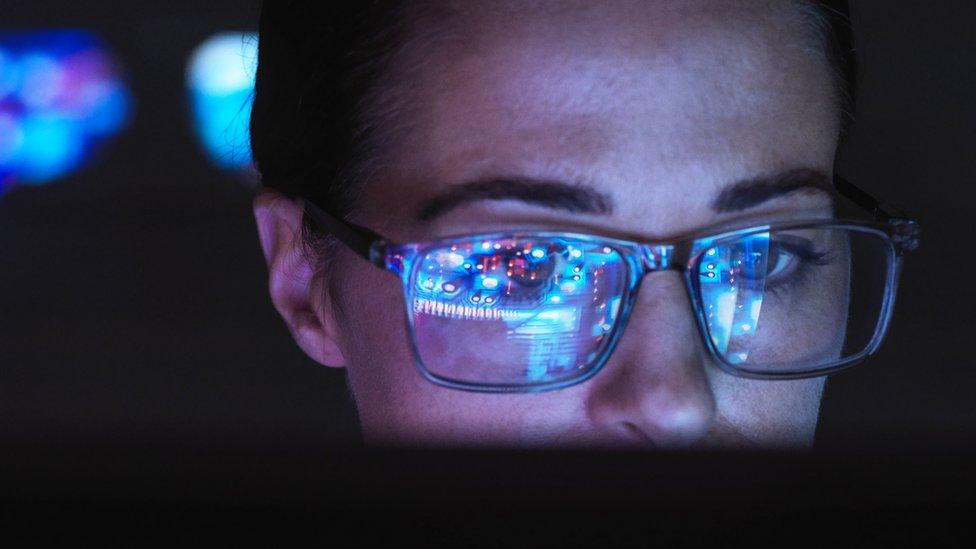
- Published16 June 2023
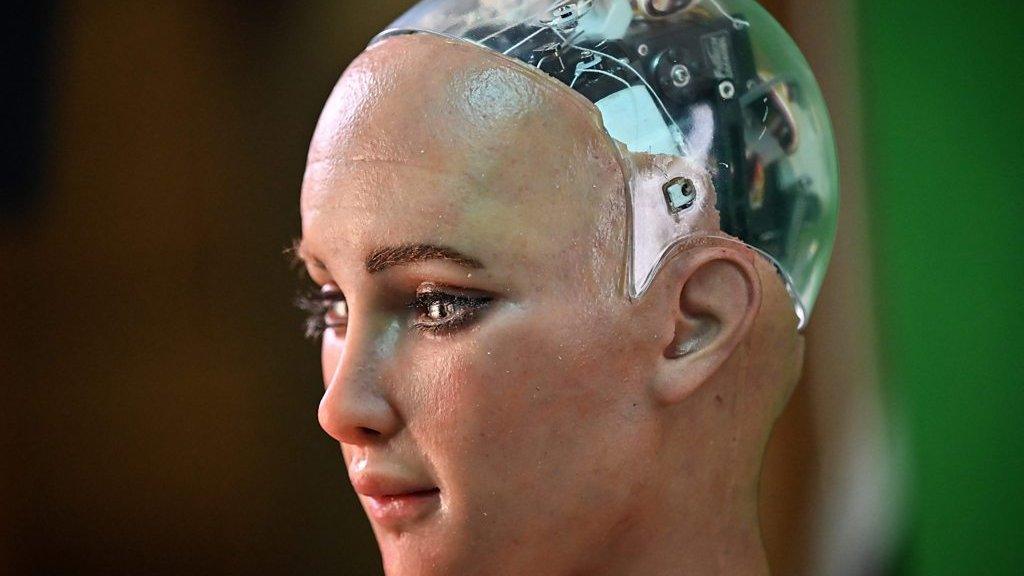
- Published17 July 2023
